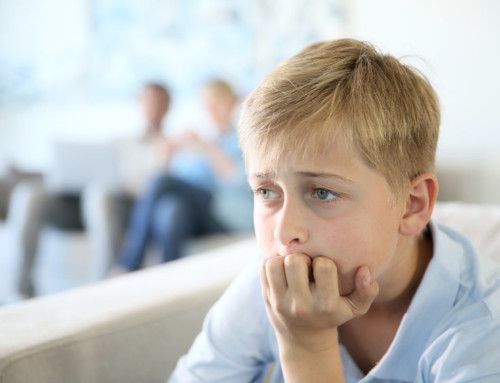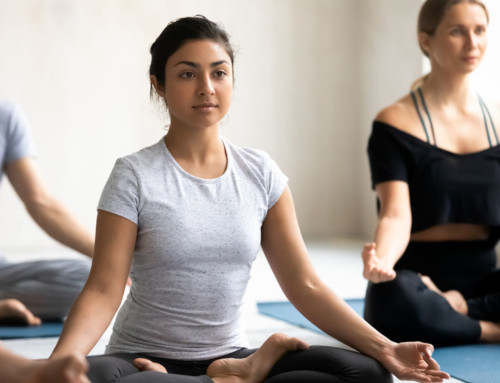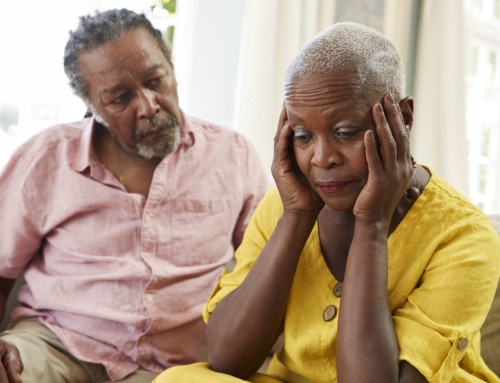Normalcy fell by the wayside over the last twelve months, due to Covid-19. With the health of our families and members of our communities at risk, we found our businesses, schools, houses of worship, stores, and entertainment outlets closed. Many of us were forced to shrink our social circles to small ‘bubbles’ of family and friends that we felt safe to visit. Virtual interactions became the norm for connecting with the rest of the world.
Post vaccination, we’re breathing a sigh of relief with the pandemic less of a threat. We’re working to put our lives back together, focusing on returning to the quality of life we had prior to the pandemic. One of the first steps for the majority of us, is socialization –continuing our connections we had during the pandemic, and attempting to rebuild those connections we had prior. Many of us will be actively seeking new connections with those that share our interests.
The Benefits of Socialization
In an article from Harvard Health Publishing titled The Health Benefits of Strong Relationships, the author states:
“Social connections not only give us pleasure, they also influence our long-term health in ways every bit as powerful as adequate sleep, a good diet, and not smoking. Dozens of studies have shown that people who have social support from family, friends, and their community are happier, have fewer health problems, and live longer.”
The physical and mental health benefits of socialization include:
- Better mental health – Our connections with others increases our sense of well-being, improves our self-esteem, provides a sense of purpose, and decreases feelings of depression. Connections can boost our cognitive function and lower the risk of dementia over time.
- Better physical health – Socialization can lower blood pressure, boot immunity, and increase life expectancy.
- Improved support networks – family and friend interactions provide the caring, support and a sense of belonging. Studies show that the help, guidance, and affection of these connections help both the giver and the receiver.
Why Is Socialization Suddenly So Hard?
Interestingly, many find that post-pandemic socialization is not as easy as it once was. Our comfort zone has changed, due to a whole new set of habits and routines in response to the pandemic. Our social skills aren’t as honed as they once were. Our points of connection with friends and family may have changed over the past year. Just as our physical stamina declines if we stop exercise for a year, our ‘social stamina’ suffers from a reduction in our connections, causing additional stress and exhaustion. The solution to this social exhaustion is social exercise – building interactions back into your daily routines, and readjusting the comfort zone to include regular social activities.
Reconnecting
Looking to make new friends and associates? Look for opportunities locally, within your family, community and based on your interests.
Ideas include:
- Local Opportunities – Consider regular walks through your neighborhood to reconnect with those who live nearby, or participate in classes or activities at local recreation centers, libraries, and schools.
- Family Opportunities – Offer to babysit grandkids, nieces, or nephews, or to help with such things as homework or home repair projects. Create new family traditions, celebrating some of the lesser holidays together (e.g. St. Partick’s Day, Labor Day, Memorial Day, or Halloween).
- Interest-based Opportunities – Attend religious services, Sing in choir, or join a music group. Volunteer at a charity or school. Participate in local theater or coach sports. Consider physical activities such as walking, swimming, or going to the gym with a friend or family member.
Back to Normal
The months of isolation were painful for all of us, and particularly for those whose lives were significantly impacted, such as residents of care facilities, students, and front-line workers. The good news is that a return to socialization doesn’t require any special training or equipment. All it takes is a rededication to connections with those we know and love, or those we share interests with. With a little bit of social ‘exercise’, the connections that are so important in our lives can and will return to normal.
Get Help When Needed
Sometimes renewed connections are all that is needed to get one’s life back on track. More often, it is a strategy of increased socialization in conjunction with therapy.
Symptoms that would suggest a need for help above and beyond reconnecting include:
- Changes in mood, appetite, energy, activities, and sleep
- Difficulty in making decisions or concentrating
- Worsening of underlying health issues
Therapy and socialization complement each other. If you or someone you know are experiencing mental health issues, consider scheduling a teletherapy appointment to come up with a treatment plan that can help address the issues.
How to Start the Healing
Beginning the process is easy. Learn more about our Providers (Click Here).
For Teletherapy details (Click Here) or Teletherapy instructions (Click Here)
Call us at 952-224-8990 to make an appointment.






